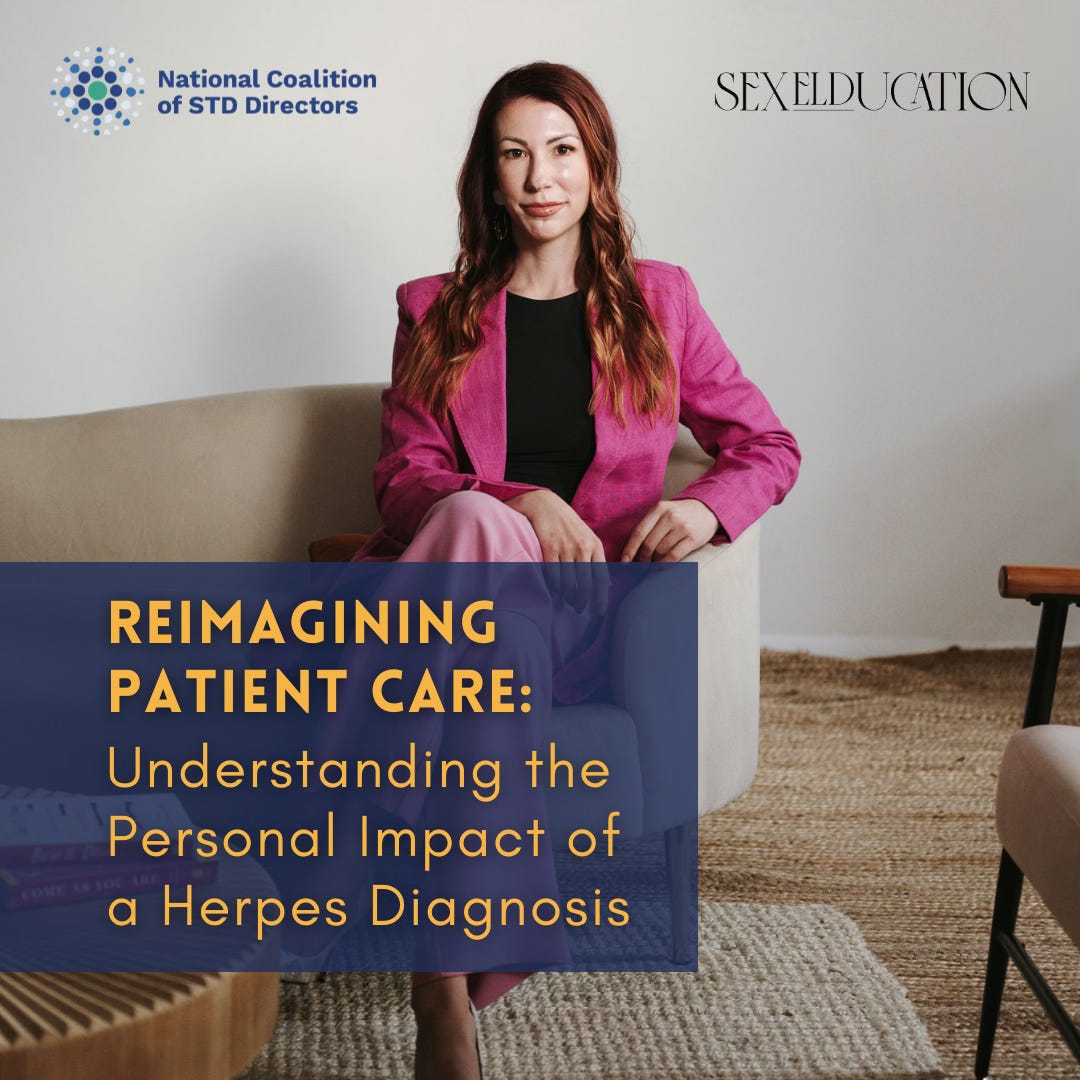Herpes Awareness Day: Navigating the Fine Line Between Visibility and Stigma
Reflections on Awareness, Disclosure, and the Ongoing Fight Against Misinformation
October 13th marked Herpes Awareness Day, an occasion that has gained momentum among patient advocates over the years. While many use this day as a platform to share their diagnosis stories and status publicly, my relationship with this awareness day has evolved significantly.
The Double-Edged Nature of Awareness
I once was an active participant in Herpes Awareness Day. But over time, I’ve come to recognize that these awareness efforts sometimes inadvertently reinforce the stigma they aim to dismantle.
It’s challenging to hold an awareness day about a stigmatized infection that many people believe they already fully understand—often incorrectly. Awareness alone isn’t enough, especially when willful ignorance continues to fuel harmful stereotypes.
While it’s important to highlight herpes’ impact on mental, emotional, and relational health, the persistent stigma creates real challenges for those who choose to speak publicly.
The Risks of Public Disclosure
One hard lesson I’ve learned through years of advocacy and education on social media is to be selective about which conversations to engage in. Many people dismiss facts when confronted with them, which shows that statistics alone aren’t enough to shift public perception.
Speaking publicly about herpes can invite ignorance, judgment, or even harassment—all of which I have personally faced. These dynamics make Herpes Awareness Day a potentially dangerous space for participants— especially those sharing their status for the first time.
If you’re considering sharing your status publicly in the future, I recommend reading, “Should You Publicly Disclose Your Herpes Status?” – a Q&A guide that I co-authored with Ella Dawson, an author and sex and culture critic. It offers practical insights and considerations of sharing your status online.
How Awareness Days Can Fall Short
While April serves as STI Awareness Month, only certain STIs — including herpes, HIV, and Hepatitis B—have their own dedicated awareness days. This selective recognition, combined with inadequate sex education, often results in awareness days being misappropriated to further stigmatize rather than support affected individuals.
Organizations Making an Impact
National Coalition of STD Directors
In my last post, I shared exciting news about my partnership with the National Coalition of STD Directors! You can find our joint post on Sexual Health Wealth and NCSD’s website. Stay tuned for our upcoming webinar, set to release sometime in November (date TBD).
Research That Gives Us Hope: Update from Dr. Keith Jerome
In previous years, I’ve worked with Fred Hutch Cancer Research Institute to highlight Dr. Keith Jerome’s work on the herpes simplex virus (HSV). His lab is known for its innovative gene therapy techniques to target HSV.
In this brief video (linked below), Dr. Jerome provides a 2024 update on:
Progress toward clinical trials
Key distinctions between HSV-1 and HSV-2 research
The role of the National Institutes of Health Strategic Plan for Herpes Research
Why community support is critical to advancing scientific breakthroughs
Awareness is Only the Beginning
The reality is that awareness days alone won’t solve systemic issues around herpes stigma. What truly makes a difference is the consistent work happening throughout the year—in research, education, policy, and community spaces (including social media).
Herpes Awareness Day offers a focused moment for discussion. However, the work of education, research, and stigma reduction continues year-round.
Whether you’re personally impacted by herpes or standing as an ally, your effort and support matters. Change doesn’t happen overnight — it takes steady, intentional work. In my ten years of advocacy and education, I’ve seen progress, but stigma still persists.
The most meaningful and transformational change I’ve witnessed comes from one-on-one conversations. Those seemingly quiet moments between friends and partners may seem inconsequential, but they help foster a wave of communal change. If we prioritize these connections alongside comprehensive sex ed, we can build a world where herpes is met with empathy and understanding instead of shame.
If you learned something from this post, I’d love your support! Click ❤️ and share 🔁 to help spread the word and reach more people. Thanks so much!







